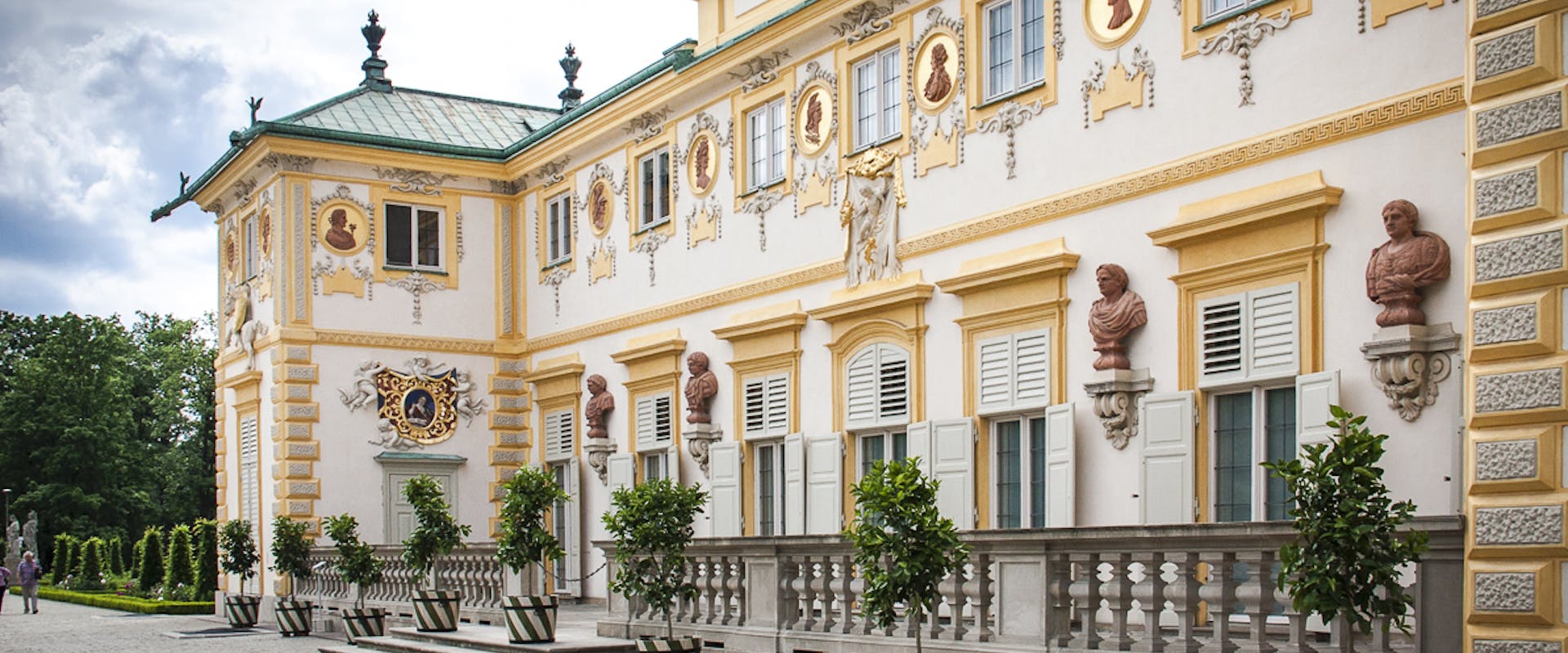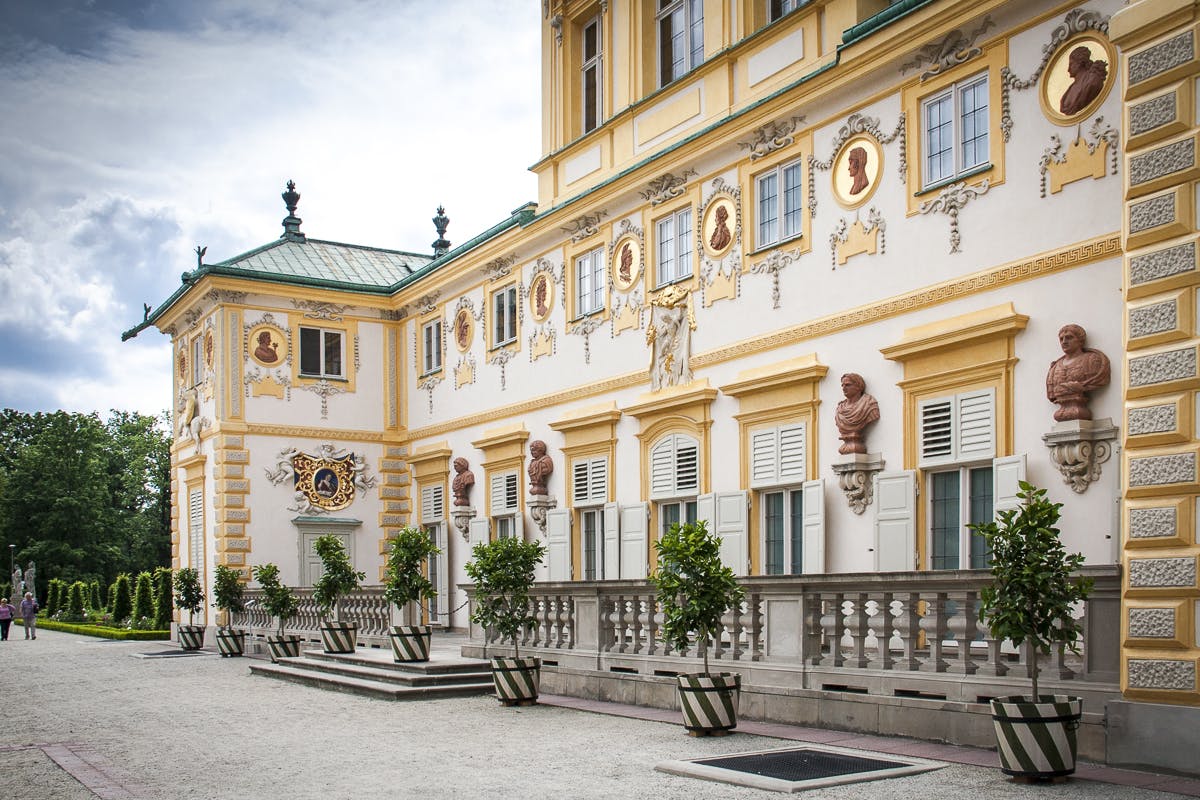Citri et Aurea
An Italian-Polish seminar about the art of gardening in historical parks.
A seminar attended by Italian and Polish conservators of botanical legacy and historic gardens took place in September in the frame of the Citri et Aurea project, conceived in 2019 thanks to the cooperation between the Uffizi Gallery and the Museum of King Jan III’s Palace in Wilanów. The event featured a presentation of both countries’ achievements in the field of conservation of historic gardens and citrus plant collections.
The strengthening of diplomatic contacts between the courts of the Grand Duke of Tuscany, Cosimo III Medici and King Jan III after the victorious battle of Vienna (1683) resulted in sending eight crates of plants to Wilanów in 1684. Among the plant varieties mentioned by the historical sources was Citrus Lumia, dubbed “Adam’s apple” (‘Pomum Adami’), considered at the time as a token of friendship. The plants were sent on a long 1600-kilometers road from Florence to Warsaw. This interesting story became the starting point for the cooperation concerning the historical citrus collections between the Boboli Gardens and the Museum of King Jan III’s Palace in Wilanów.
The Boboli Gardens can boast a remarkable citrus collection, which is believed to be one of the most important in Europe, encompassing more than 500 pots with citrus trees, including around 60 varieties, including 20 historical varieties from the Medici era. To this day, the plants are grown in line with traditional Tuscan cultivation methods and gardening ways. The specialists of the Boboli Gardens will support the Wilanów Museum staff with their expert knowledge, aiding the Polish museum with the reconstruction of the collection. The process began in 2016, when 38 specimens of orange trees in characteristic oak pots painted in white and green stripes appeared in the Baroque garden. The Wilanów collection currently comprises more than 100 citrus trees, encompassing 7 varieties, and is a rare collection of orangery trees in Poland.
During the first stage of the “Citri et Aurea” project, which was carried out in 2019, three employees of the Wilanów Museum came to Florence for a study visit to learn about traditional cultivation methods and Tuscan gardening. The visit was an opportunity to exchange knowledge and experience in the field of conservation of historical gardens and citrus tree collections.
Eike Schmidt, director of Uffizi Gallery, introduced the on line seminar as follow: “The Citri at Aurea project makes it possible to think about the prospects of fruitful cooperation between Poland and Italy, which has lasted for generations and which was initiated in the Baroque period by Cosimo III de' Medici, Grand Duke of Tuscany. Thanks to the partnership between the Boboli Gardens King Jan III Palace Museum in Wilanów, this centuries-long exchange of experiences and well-proven solutions – focused on gardening in general, and especially on the collection of citrus trees and their nurturing – could be successfully resumed. What makes me even more satisfied is the fact that nowadays, despite the difficult moment in the history of us all caused by the pandemic, we can use digital technology to share the experience of our Botany Department. I send my regards to all our friends in Poland, on my own behalf and on behalf of the Uffizi Gallery, wishing our community, currently functioning only in virtual space, to be able to come back to traditional form of meetings in the near future.”
In the Polish-Italian online garden seminar, achievements of the institutions from both countries in the field of conservation of historic gardens and citrus plant collections were presented.The video recordings of the lectures are available on the YouTube channel of the Uffizi Galleries.

